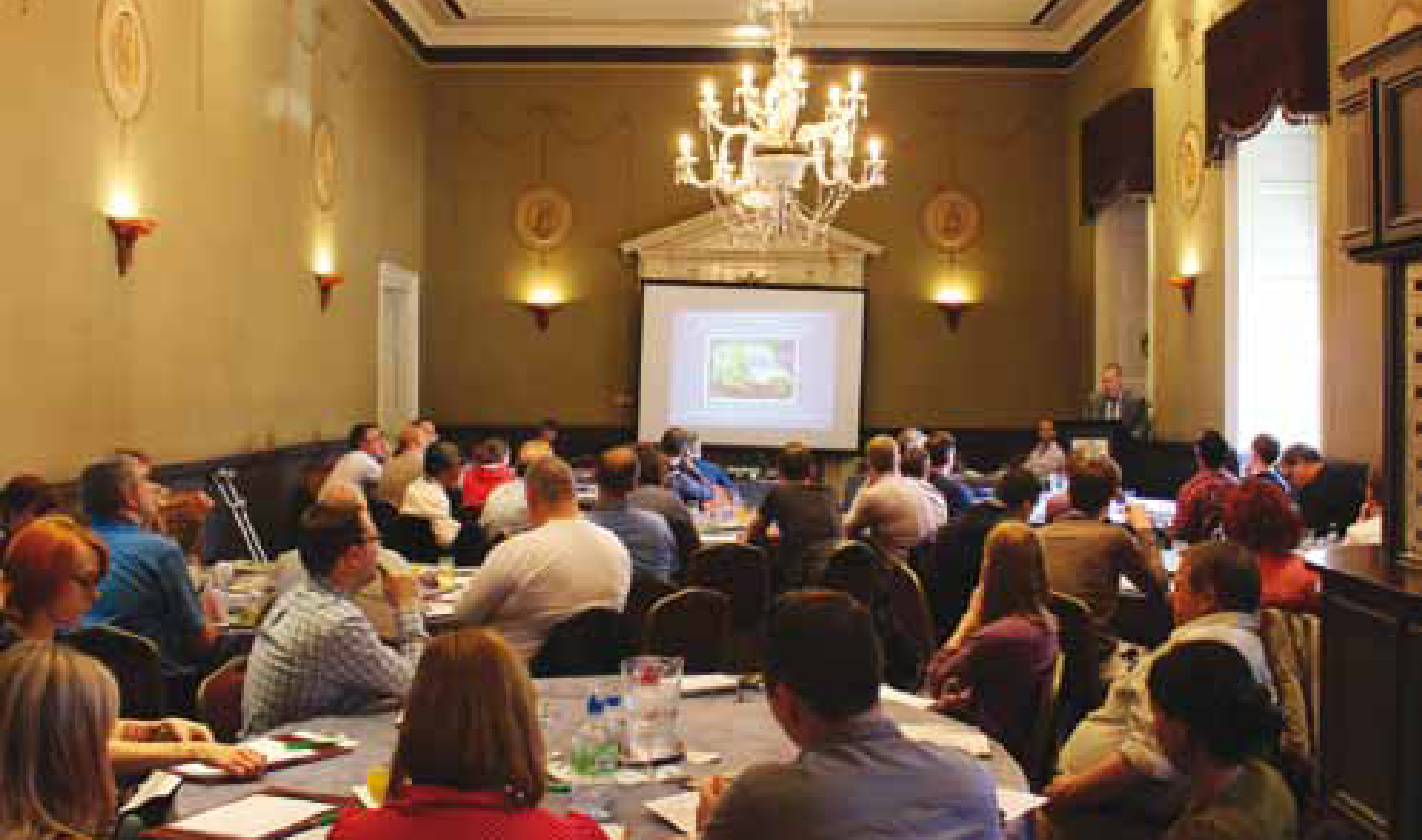North East Ambulance Service NHS Foundation Trust (NEAS) recently hosted the first conference dedicated to pre-hospital sepsis care. This event was attended by a packed audience, with representatives from 11 UK ambulance services, speakers from three countries and leading experts in the field of pre-hospital care.
After a warm welcome delivered by Ashley Winters (NEAS chairman), Paul Fell (NEAS consultant paramedic) chaired the morning session, which was opened by Tracy Nicholls (East of England Ambulance Service NHS Trust (EEAS) acting head of quality governance), who described the programme of work undertaken by EEAS to improve the sepsis care in their area.
This was followed by Mike Smyth (pre-hospital care fellow, University of Warwick), who discussed his work on the various tools that are used to recognise sepsis in pre-hospital practice. The lack of robust evidence for the screening tools currently in use and the need for further research were the key messages that came through.
Dr Ron Daniels (Chair, UK Sepsis Trust) gave a talk which covered all aspects of sepsis care. Dr Daniels gave an emotive talk that personalised the problem by putting real patient stories and faces to the condition, highlighting why this is such an important area and one in which we should all seek to make improvements.
Colin Crookston (Scottish Patient Safety Programme fellow) described the Scottish approach to improving sepsis care and the challenges they encounter. This talk described some of the excellent work going on in Scotland but also showed the challenges provided by the geography.

Professor Andy Newton (chair of the College of Paramedics) opened the afternoon session, which started with Graham McClelland (NEAS research paramedic) and Paul Younger (NEAS clinical support officer) describing their local work, showing the impact of a sepsis screening tool in the North East and their trial of point-of-care lactate testing. This work evolved from a small project into an ongoing programme of work and shows that sometimes small ideas do grow beyond all expectations.
This talk was followed by Dr John Pike and Tholi Wood (Isle of Wight Ambulance Service), who presented their project on paramedic use of antibiotics, the PrePip project. This was a highly anticipated presentation as there is great interest in the potential use of antibiotics by paramedics to treat sepsis. The close relationship between the health services on the Isle of Wight provided the setting that allowed this trial to be conducted and the potential impact of spreading this practice across other ambulance services is significant.
The final speaker for the day was Dr Nadia Alam, who had travelled across from the Netherlands to attend and present information on the PreHospital ANTibiotics against Sepsis (PHANTASi) trial. This is a large Dutch trial with a similar focus to the PrePip project. Dr Alam showed the international interest in developing sepsis care and how there is widespread recognition of the key role that ambulance services can play in this area.
Overall this day showed the impressive range of work that is going on in ambulance services across the country, all of whom have recognised the importance of identifying and treating sepsis in the pre-hospital setting. The delegates were very positive in their feedback regarding the event and hopefully everyone took something useful back to their Trusts.
